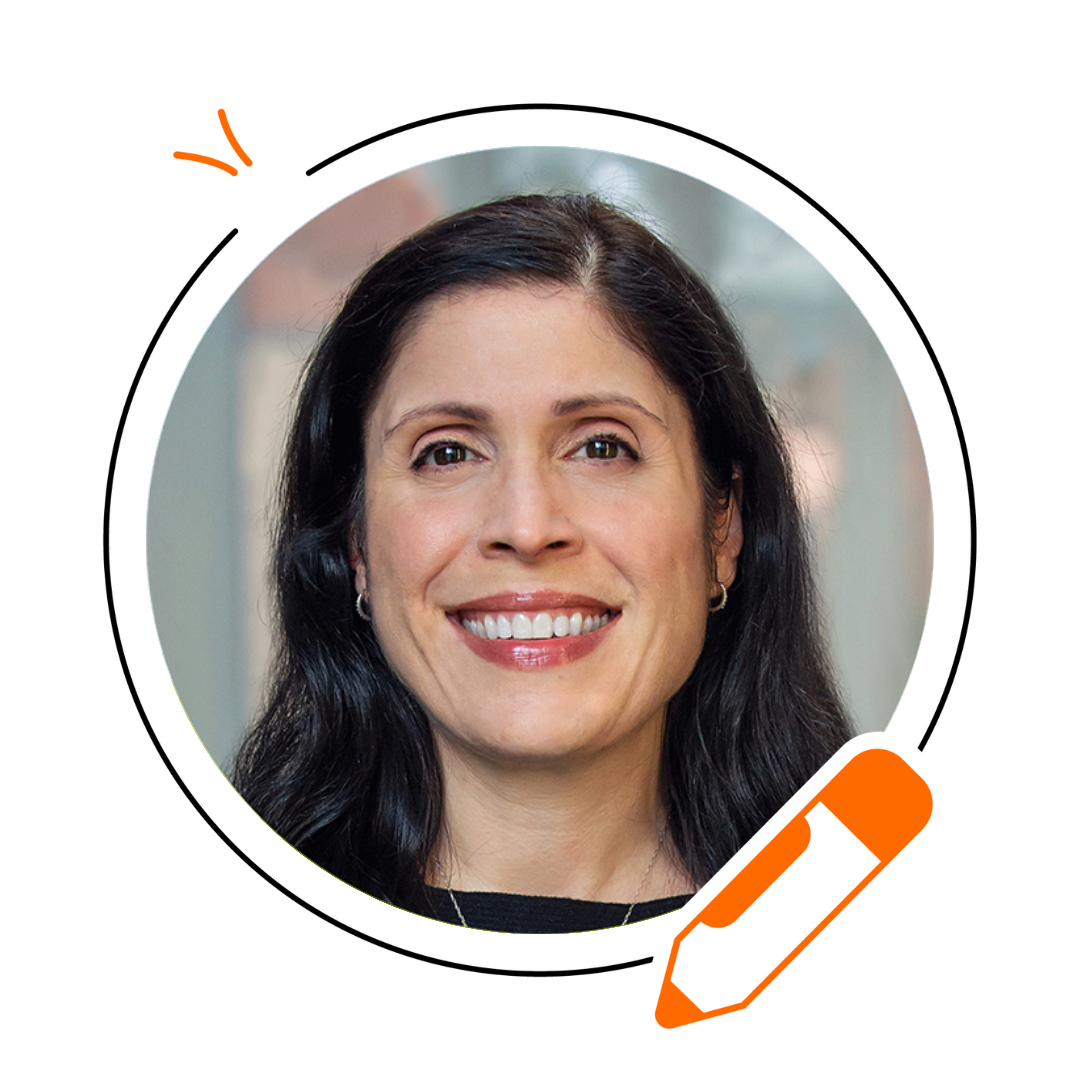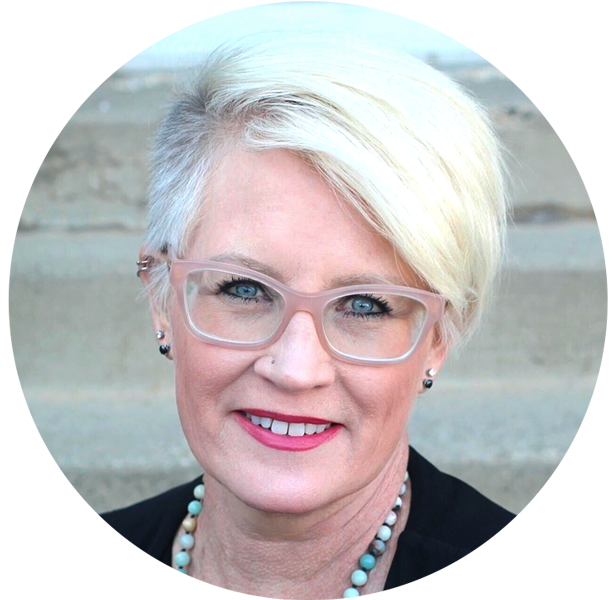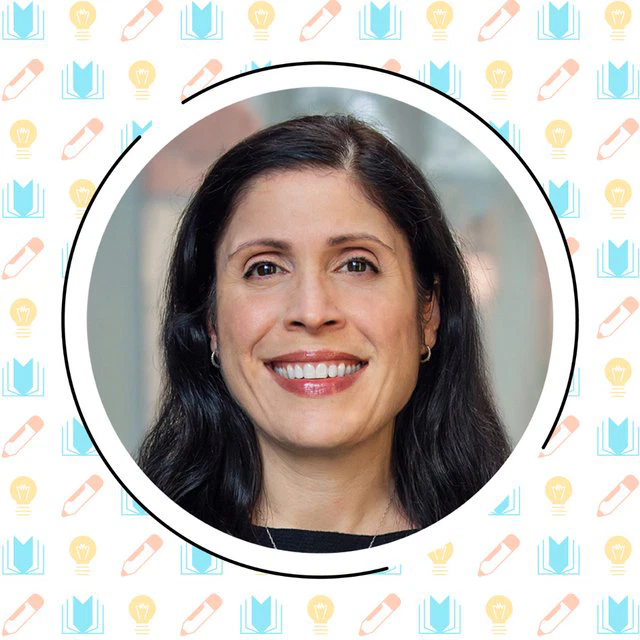Meet Our Guest(s):

Gina Cervetti
Gina Cervetti is a professor of education in the Marsal Family School of Education at University of Michigan. She studies and teaches classes related to elementary reading and language instruction and curriculum development. Gina earned her doctorate in educational psychology at the Michigan State University and spent several years at University of California, Berkeley, as a designer and researcher on projects related to the integration of literacy and science instruction. That work inspired an interest in the significance of knowledge-enriching and participatory contexts, like that of science, in literacy development. She has written about this work in a number of journal articles and a book with Jacqueline Barber, titled, No More Science Kits or Texts in Isolation: Teaching Science and Literacy Together.
Meet our host, Susan Lambert
Susan Lambert is the Chief Academic Officer of Elementary Humanities at Amplify, and the host of Science of Reading: The Podcast. Her career has been focused on creating high-quality learning environments using evidence-based practices. Susan is a mom of four, a grandma of four, a world traveler, and a collector of stories.
As the host of Science of Reading: The Podcast, Susan explores the increasing body of scientific research around how reading is best taught. As a former classroom teacher, administrator, and curriculum developer, Susan is dedicated to turning theory into best practices that educators can put right to use in the classroom, and to showcasing national models of reading instruction excellence.

Quotes
“Above all other things in education, literacy is a gateway to so many of the things that are essential for human flourishing and human choice.”
“Knowledge is so complex that it actually offers a number of different benefits. And different kinds of knowledge actually benefit literacy development in different ways.”
“It makes sense to capitalize on the knowledge that students bring, both as a platform for their literacy learning, [and] also to further develop it so that they're also understanding the context of their lives and their communities and their families.”
